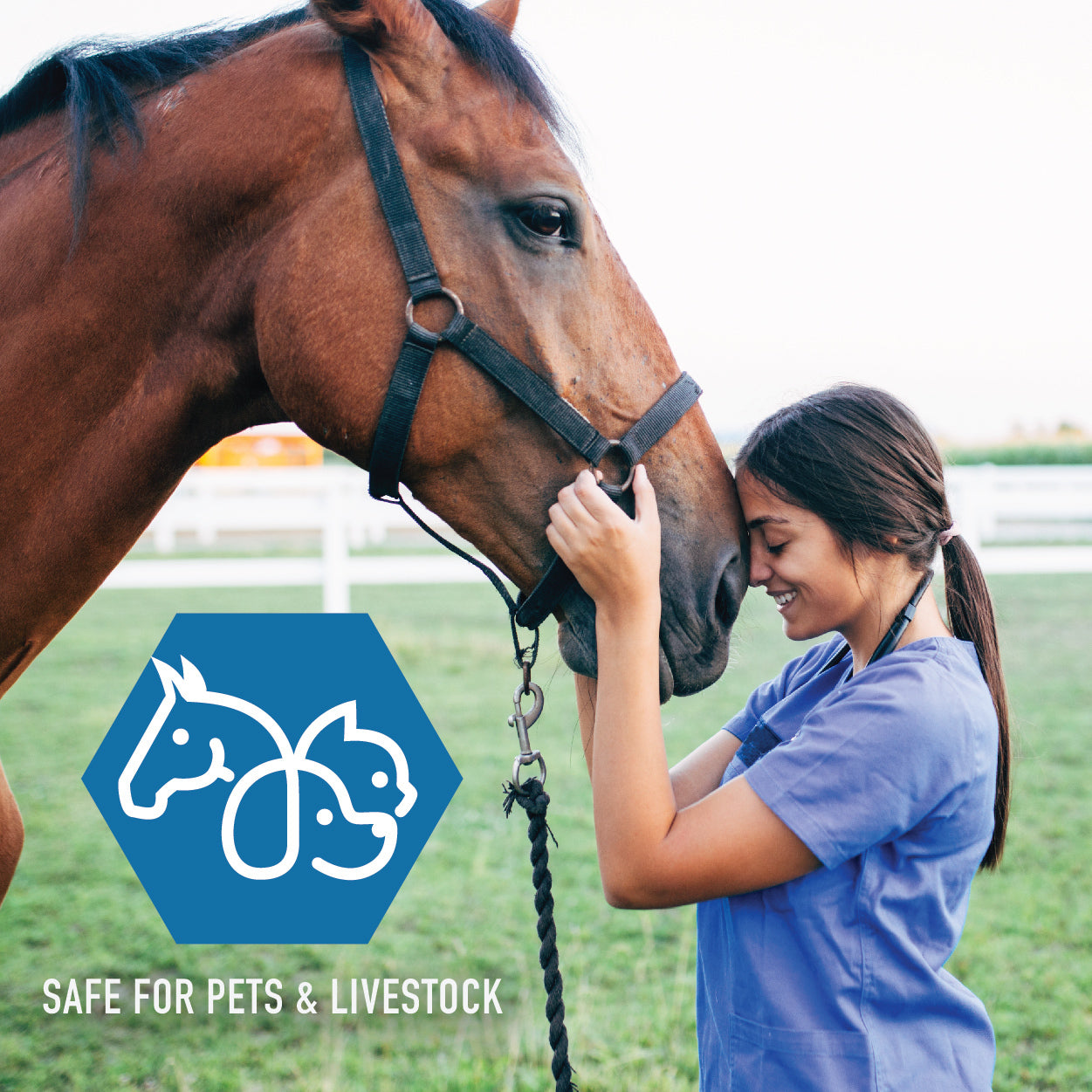Just like us, dogs can experience anxiety. Although anxiety is not desirable, it is typical, even for dogs. Even though dog anxiety is normal and can affect all dog breeds, it may display differently from dog to dog and ranges from mild to severe. If left unchecked and untreated, it could turn into an anxiety disorder.
Common Causes of Dog Anxiety
Just like with people, there could be many reasons why your pup is suffering from anxiety. While there may be a variety of causes, some of the most common is fear, old age and separation.
Fear-based anxiety can happen for many reasons, such as loud noises, car rides, strange people, animals, new environments, items or objects, or even situations specific to your dog, such as certain scents, touch, vet visits, and more. Although many dogs will have adverse reactions to the things listed above, dogs with anxiety may experience these things with more intensity and prolonged periods of anxiety consequently.
Separation anxiety is when dogs struggle to self-soothe or comfort themselves when separated from their owners or left alone. Dogs with separation anxiety may display less than desirable traits when being left, such as urinating in the home, excessive barking or howling, and destroying furniture.
Anxiety due to old age is not uncommon and is typically related to cognitive dysfunction syndrome, similar to Alzheimer's disease. Dogs with this age-related syndrome experience a decline in their perception, awareness, alertness, and memory. This decline often leads to confusion and anxiety.
Common Symptoms of Dog Anxiety

You may wonder how you can tell if your dog has anxiety. Below are some, but not all, symptoms to keep an eye out for:
- Frequently urinating or defecating in the house
- Panting
- Aggressive behavior
- Excessive barking, howling or crying
- Restlessness or pacing
- Destructiveness or compulsive behaviors
Some of the symptoms mentioned above correlate to occasional or situational anxiety-inducing events, but they could become recurrent and result in more significant issues for you and your pup.
Addressing these indications is crucial, especially with symptoms such as aggression. Aggression can place people and other animals, including your dog, at risk of being harmed or injured. Both direct and indirect aggression can be dangerous, and behaviors such as growling or barking can lead to undesirable outcomes for both the pet and the owner.
Some of the symptoms listed above, such as destructiveness or bowel movements inside, are most commonly associated with separation anxiety. Dogs with recurrent or circumstantial anxiety will often work themselves up when placed in anxiety-inducing situations. This ongoing anxiety may lead them to lose control of bowel movements even if potty trained. Destructiveness is also a frustrating result of separation anxiety. Dogs with this symptom may damage areas like doorways or windows near entry and exit points. Not only does this destroy your property, but it also puts your dog at risk of harming themselves due to attempts to escape or break out.
Treating Anxiety in Dogs
As with anything concerning the health and wellbeing of your dog, your first step should be to consult your veterinarian. Talking to your vet about the behaviors, circumstances, and symptoms your dog is experiencing will help to pinpoint the causes and which type of anxiety they may be suffering with. Your vet will also be able to determine the level of anxiety your dog is suffering from, whether that be situational or if it is developing into a chronic anxiety disorder.
Your veterinarian can also help you with a treatment plan and rule out any other causes of your dog’s anxiety, such as medical conditions that might be causing the symptoms.
Treating Anxiety with the help of CBD and Aromatherapy

Some dogs may respond really well to using CBD products and/or Aromatherapy to treat dog anxiety. CBD is known to possess calming effects that can provide relief to anxious dogs. CBD for pets may offer an effective solution whether your pup has general anxiety, separation anxiety, adverse reactions to loud noises, or anxiety around new people or places. Some pet owners will give their dogs CBD pet products when they anticipate a stressful situation, such as travel or fireworks, to help ease anxiety.
Our CBD Soft Chews and CannaHearts® help dogs cope with external stressors. These are designed for dogs exhibiting nervousness, hyperactivity, discontentment or responding to environmentally induced stress. CBD Soft Chews and CannaHearts® promote a sense of relaxation and mental alertness without drowsiness. This product also may help with any discomfort associated with daily exercise and activity.
Our products provide your dog with the naturally occurring complex of cannabinoids found in hemp, which may provide the entourage effect required to support proper cannabinoid intake. They deliver 2.5 mg of CBD dosage from broad-spectrum hemp (containing less than 0.3% THC) and will not affect your dog psychologically. Adding a CBD-infused supplement to your dog’s daily routine may help maintain your dog’s comfort.
Aromatherapy has been used for centuries to help with many ailments. Although you may not be as familiar, veterinary aromatherapy is not uncommon. Aromatherapy works by stimulating receptors in the nose linked from the nervous system to the limbic system, which is the part of the brain that controls emotions. For example, lavender possesses calming effects due to its chemically sedative properties.
Emotional and environmental stress can cause your dog to become anxious and agitated. The calming effects of aromatherapy can help reduce this stress and create a more enjoyable bathing experience for your dog. CannaLove® Anxiety Relief Shampoo delivers the rich aromatic fragrances of Eucalyptus, Pear and Apple to create a calming atmosphere and help soothe anxious dogs.
It is not uncommon for most dogs to experience anxiety throughout their lifetime, and although most will not progress to disorder-level, it should still get addressed and treated. It is important for a dog owner to be aware of the types, causes, and symptoms and to have a treatment plan in mind. PetFX makes products you can feel good about purchasing to help your pup, whether used as a preventative, to help ease situational anxiety or paired with other treatments. As with anything, if you suspect that your dog is suffering from anxiety, make sure to consult your veterinarian to rule out other conditions and to come up with a plan.



